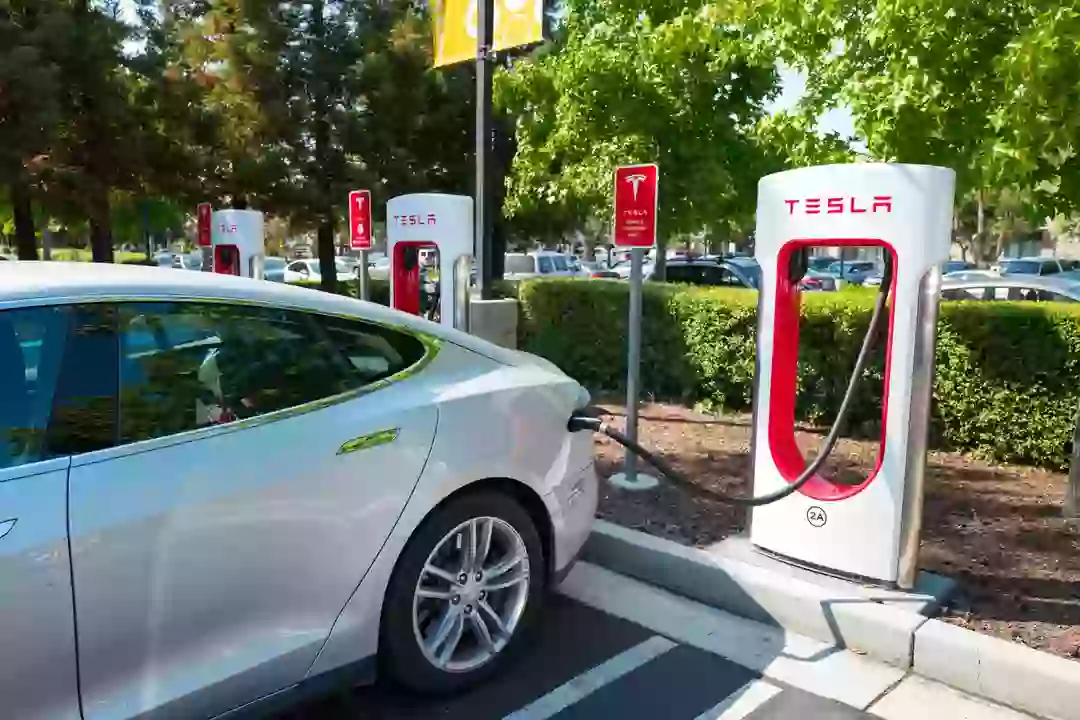The Tesla founder currently holds the title of world’s wealthiest individual according to Forbes, with an estimated net worth of $416 billion, making it difficult to argue that he requires additional financial resources.
However, life rarely follows principles of fairness, and Musk appears positioned to gain even more wealth following the discovery of one of the largest lithium deposits ever identified in the United States—lithium frequently called “white gold” due to its economic value.
The McDermitt Caldera spans across southeastern Oregon and northern Nevada, measuring an impressive 45 by 35 kilometers. This geological formation originated 16.4 million years ago following a devastating volcanic eruption.

Subsequently, a lake formed within the caldera—defined by National Geographic as “a large depression formed when a volcano erupts and collapses”—where mineral layers and volcanic ash accumulated, eventually developing into lithium-rich clay minerals through sedimentary processes.
Geological experts believe this location, now recognized as the world’s largest lithium reservoir, could contain between 20 to 40 million metric tonnes of lithium.
Lithium plays a vital role in battery manufacturing, serving as the fundamental component in lithium-ion batteries that power everything from smartphones and laptops to electric vehicles—technology that numerous companies are promoting to advance environmental sustainability goals.
The connection to Musk becomes clear when considering his role as CEO of Tesla, a major automotive and clean energy corporation.

The McDermitt Caldera potentially contains sufficient lithium to manufacture approximately 600 million electric vehicles. Since this discovery occurred within the United States, American EV manufacturers stand to benefit significantly—especially given the current tariff environment under President Trump.
Instead of depending on lithium imports, the McDermitt Caldera could supply Tesla with domestic lithium for its battery production and electric vehicle manufacturing. Tesla already operates its own lithium refinery facility in Texas.
Should Tesla benefit from this lithium deposit discovery, Musk’s personal wealth would likely increase substantially. The CEO recently confirmed on May 20 his commitment to leading the company for the next five years.
During Bloomberg’s Qatar Economic Forum in Doha, he expressed his desire to maintain “sufficient voting control” within the company, though he characterized this as “not a money thing” but rather “a reasonable control thing of the future of the company.”

Nevertheless, considering his 12.8 percent ownership stake in Tesla as of 2024, according to Investopedia, any benefits Tesla derives from accessing this newly discovered lithium deposit would ultimately result in Musk receiving the majority of financial gains.

